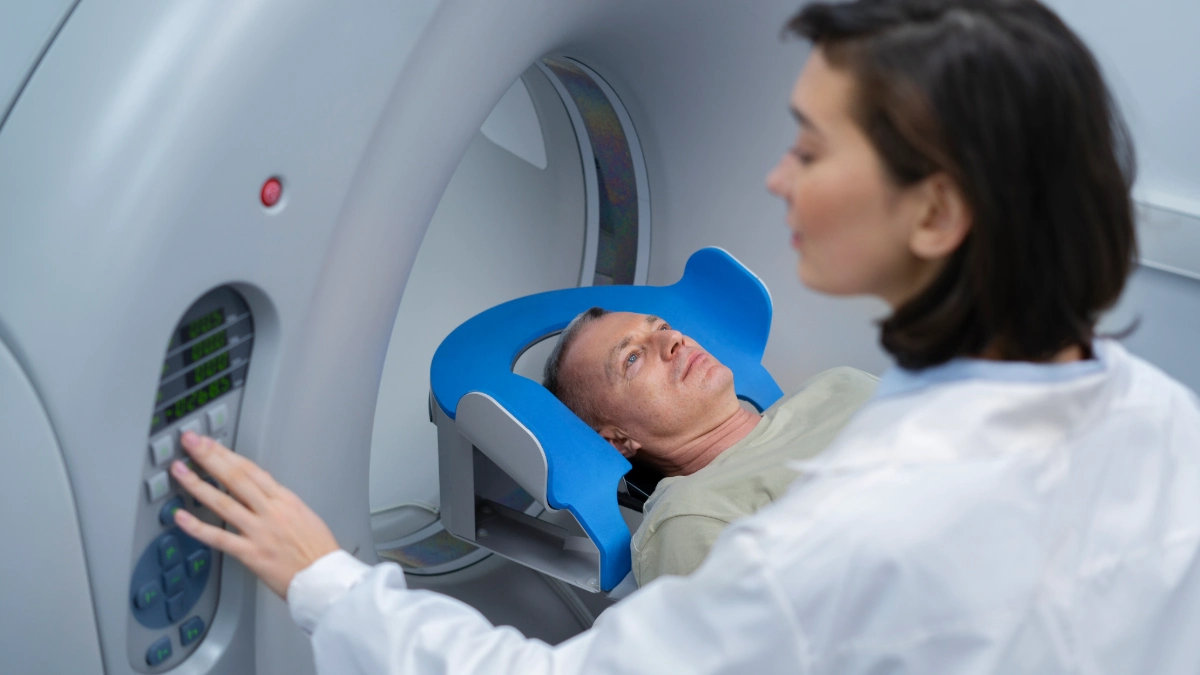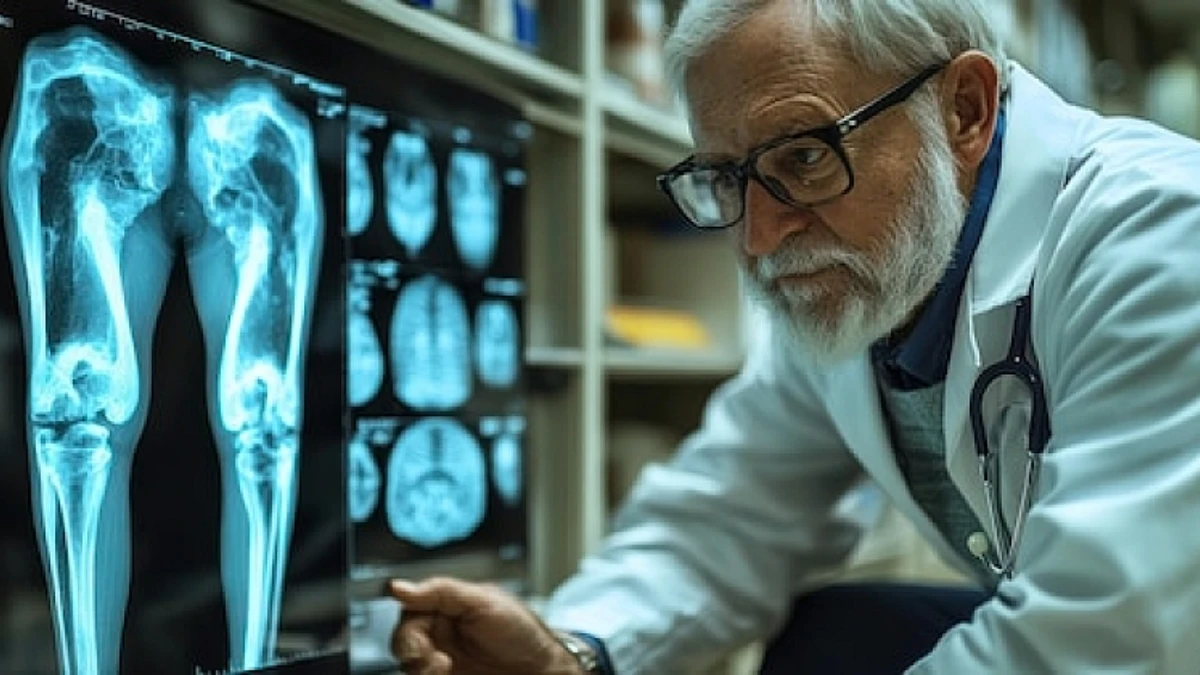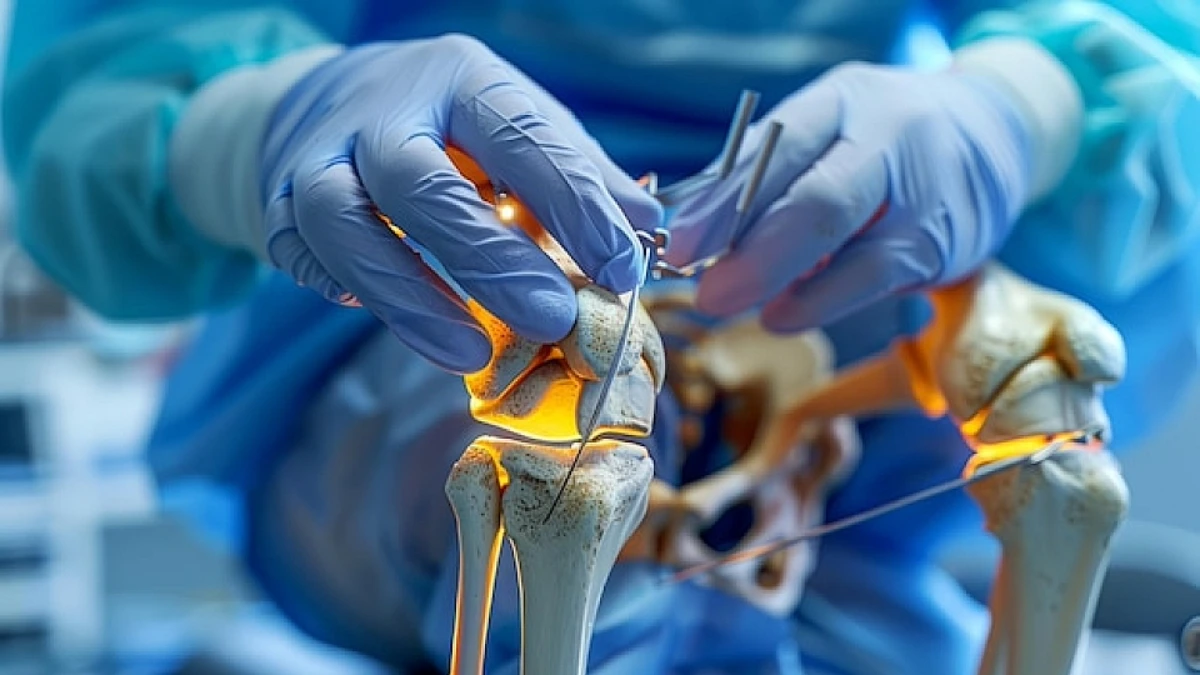International Health Tourism has propelled CT Angiography in Turkey to the forefront of medical imaging innovation, offering patients world-class diagnostic excellence at competitive prices. We pride ourselves on delivering Coronary CT Angiography (CCTA) services that combine advanced multislice CT technology with expert cardiovascular radiologists, ensuring early detection and precise assessment of coronary artery disease. CT Angiography in Turkey not only provides unparalleled image resolution but also integrates seamlessly into personalized treatment planning, making it the diagnostic cornerstone for cardiologists and cardiovascular surgeons alike.
Advantages of CT Angiography in Turkey
- Non-Invasive High-Resolution Imaging: CT Angiography offers detailed 2D and 3D reconstructions of coronary arteries, visualizing plaque morphology and stenosis levels without the need for catheter insertion.
- Rapid Procedure Time: With optimized protocols, the entire CT Angiography scan can be completed in under 30 minutes, reducing patient discomfort and scheduling bottlenecks.
- Comprehensive Risk Stratification: CT Angiography in Turkey enables accurate assessment of coronary artery disease even when stress tests are inconclusive, guiding tailored interventions.
- Safe for Post-Stent and Bypass Patients: Detailed visualization of in-stent restenosis or graft patency ensures safe follow-up care.
- Guidance for Complex Interventions: Pre-procedural CT maps support interventional cardiologists in planning stent deployment or balloon angioplasty with millimeter-level precision.
Contraindications and Precautions
- Severe Kidney Disease: Use of iodine-based contrast dye may exacerbate renal impairment.
- Contrast Allergy: Known hypersensitivity to contrast agents mandates pre-medication or alternative imaging.
- Pregnancy: Radiation exposure precludes routine CT Angiography; reserved only for life-threatening scenarios.
- Unstable Cardiac Conditions: Acute myocardial infarction or severe arrhythmias require stabilization before imaging.
- Prior Adverse Reactions: History of contrast-related complications necessitates careful risk–benefit analysis.
Patient Preparation
- Medical History Review: Assessment of allergies, renal function, and cardiac history.
- Fasting: 4–6 hours of fasting to minimize gastric artifacts.
- Medication Management: Temporary withholding of metformin or certain β-blockers as directed.
- Allergy Screening: Pre-scan testing for iodine sensitivity, with prophylactic steroids if needed.
- Kidney Function Tests: eGFR evaluation to confirm safe contrast administration.
- Heart Rate Control: Administration of oral or IV β-blockers to achieve target heart rate (<60 bpm).
- Pregnancy Testing: For women of childbearing age.
- Informed Consent: Explanation of benefits, risks, and post-procedure instructions.
Procedure Steps
- Patient Positioning & Gowning: Removal of metal objects and placement on CT table.
- IV Line Placement: Secure peripheral IV access for contrast injection.
- ECG Synchronization: ECG leads for gated imaging to minimize motion artifacts.
- Contrast Administration: Bolus injection of iodine-based contrast at 4–6 mL/s.
- CT Scan Acquisition: Helical or prospective acquisition capturing <0.5 s per rotation.
- Breath-Hold Technique: Short breath-holds (5–8 seconds) during peak arterial enhancement.
- Image Reconstruction: Advanced algorithms generate high-definition 2D slices and volumetric 3D renderings.
- Radiologist Interpretation: Detailed assessment of luminal stenosis, plaque composition, and anatomical anomalies.
Post-Procedure Care
- Rest and recover from any administered sedation.
- Maintain adequate hydration to facilitate contrast clearance.
- Adhere to prescribed medications, especially heart rate or blood pressure agents.
- Monitor for delayed allergic reactions or injection-site complications.
- Avoid strenuous activity for 24 hours.
- Attend scheduled follow-up for any additional stress testing or consultation.
CT Angiography vs. Coronary Angiography in Turkey
While CT Angiography in Turkey offers a non-invasive alternative to invasive catheter angiography, traditional coronary angiography remains the gold standard when immediate intervention (stenting or balloon angioplasty) is anticipated. Turkey’s interventional centers seamlessly integrate CT Angiography for diagnostic planning and catheter-based angiography for definitive therapy, providing a continuum of care under one roof.
How CT Angiography Is Performed in Turkey
In leading Turkish hospitals, CT Angiography is executed by multidisciplinary teams:
- Pre-Scan Preparation: Thorough sterilization and patient comfort protocols.
- Local Anesthesia & IV Setup: Optional for anxiety management.
- High-Speed CT Acquisition: Latest dual-source scanners capture submillimeter slices.
- On-Site 3D Workstations: Allow cardiologists to manipulate reconstructions in real time.
- Interdisciplinary Review: Cardiologist and radiologist confer immediately for rapid diagnosis.
Recovery from CT Angiography
Most patients return to normal activities within 24 hours. A brief observation period ensures stable vital signs, and any mild side effects—such as warmth or flushing—resolve spontaneously.
Types of Angiogram in Turkey
- CT Angiography (CCTA): Non-invasive 3D mapping of coronary, pulmonary, renal, and cerebral vessels.
- Conventional Coronary Angiogram: Invasive catheter-based X-ray imaging for real-time intervention.
- MRI Angiography: Non-contrast vascular imaging for patients with renal compromise.
- Fluorescein Angiography: Retinal vessel assessment in ophthalmology.
Heart Dye Test
Also known as contrast echocardiography or ventriculography, the heart dye test uses contrast agents to evaluate intracardiac shunts, myocardial perfusion, and valve function. Turkey’s cardiology centers incorporate this modality to complement CT Angiography findings, enhancing diagnostic confidence.
2025 Cost of CT Angiography in Turkey
Costs for CT Angiography in Turkey remain significantly lower than in Western Europe and North America. On average, a comprehensive CCTA package—including initial consultation, scan, and radiology report—ranges from USD 300 to USD 600. Prices vary based on hospital accreditation, equipment generation, and inclusion of post-scan cardiology consultation.
Conclusion
We recognise that accurate, timely diagnosis is critical to cardiovascular health. CT Angiography in Turkey delivers diagnostic precision, safety, and value within the realm of International Health Tourism. For world-class cardiac imaging and patient-centric care, we recommend Avicenna International Hospital, where expertise, technology, and compassion converge to restore heart health.
In Turkey, a CT angiography typically ranges from $300 to $600 USD, depending on the facility and included services.
CT angiography is non-invasive, faster, and ideal for diagnostic assessment, while conventional (catheter-based) angiography remains the gold standard for real-time imaging and immediate intervention.







